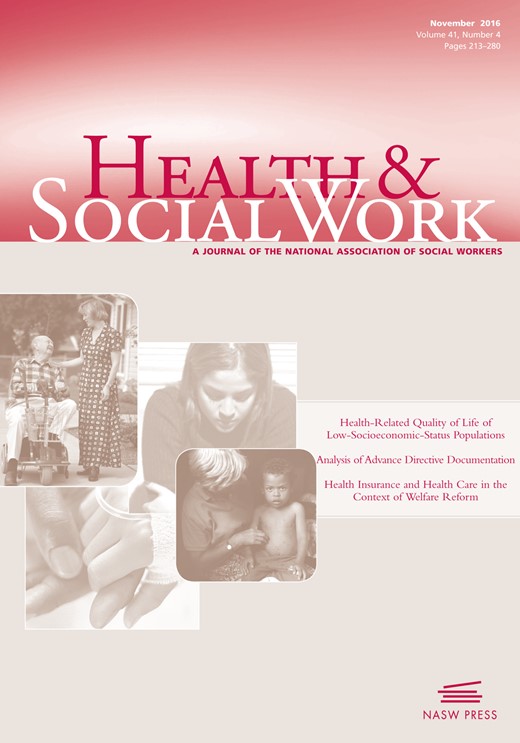-
Views
-
Cite
Cite
T J Sutcliffe, Social Security's Disability Hearings Backlog: A National Crisis, Health & Social Work, Volume 41, Issue 4, 20 November 2016, Pages 215–217, https://doi.org/10.1093/hsw/hlw044
Close - Share Icon Share
Extract
Social security is one of our most effective and beloved federal programs. Poll after poll finds that Americans overwhelmingly, at rates of 70 percent to 85 percent, value social security highly and are willing to pay more to make it even stronger than it is today (Associated Press-NORC Center for Public Affairs Research, 2016; Walker, Reno, & Bethell, 2014). With numbers like these, it is a political tradition for candidates of all parties to proclaim their strong support for social security. The 2016 election cycle has been no different, with candidates pledging to secure social security for future generations, and with many calling to expand the system (Miller, 2016).
But this year, little attention has fallen on a long-brewing crisis that the next president and the next congress must address. After years of budget cuts and chronic underfunding, the Social Security Administration (SSA) now struggles with the inevitable results: dramatic, across-the-board erosions in customer service (Romig, 2016). Nowhere has the impact of funding constraints been more apparent or more devastating than in SSA's disability programs. Today, a historic 1 million Americans face record delays—now exceeding two years in some parts of the United States—for hearings to determine their applications for social security and Supplemental Security Income (SSI) disability benefits.





